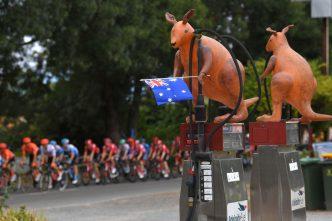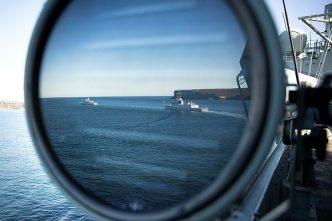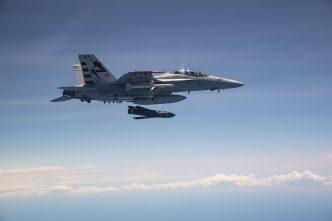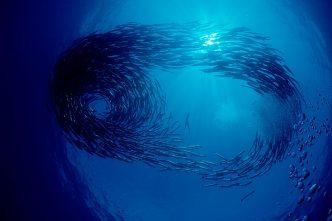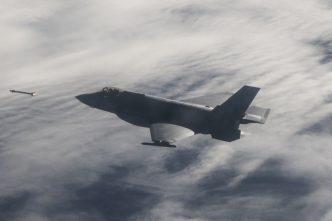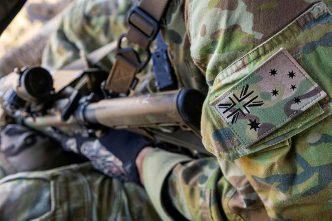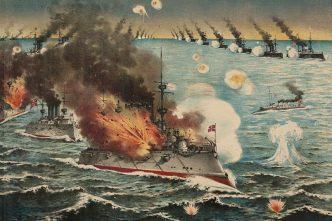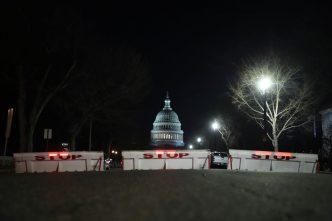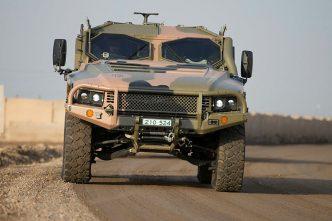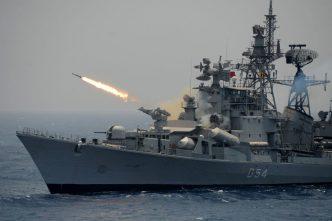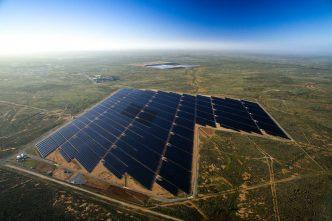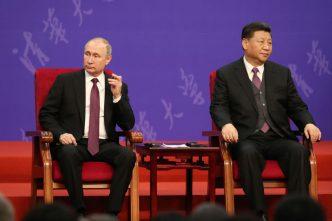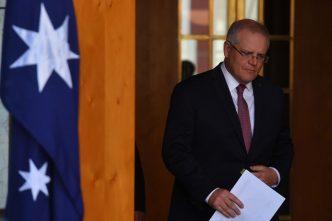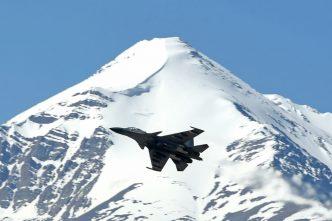While Energy Minister Angus Taylor has highlighted that Australia’s ‘supply chain resilience has meant that during the Covid-19 pandemic, we have not faced shortages’, he, and the government more broadly, have also acknowledged that Australia …
Australia’s long-awaited defence strategic update and force structure plan have been released by the prime minister and defence minister. After minimal recital of the continued rightness of the 2016 defence white paper judgements, the government …
In this interview, ASPI’s executive director Peter Jennings talks to The Strategist’s Brendan Nicholson about Australia’s 2020 defence strategic update and new force structure plan. They discuss the extent to which the nation’s strategic situation …
As China works vigorously to increase its influence in the region, it is stepping up its efforts to undermine Australia’s influence in Papua New Guinea and the South Pacific, and Australia is unprepared to counter …
The pandemic has many lessons for how Australia’s future economy must operate, with opportunities to build new wealth around the global supply chains that originate with us—in natural resources, energy, food, research and education, for …
Sea state The UK National Audit Office has revealed that the Royal Navy may not be able to form carrier groups with its two new aircraft carriers. After spending nearly $8 billion on the two …
When Covid-19 struck Europe and forced millions of people into internal exile, many were overcome by a deep sense of loneliness. This reflected not only a craving to be reunited with friends and family, but …
Defence commentators have devoted much attention in recent years to the development of long-range anti-ship missiles, whether in the form of anti-ship ballistic missiles (ASBMs) or hypersonic cruise missiles. These discussions invariably focus on the …
On 10 June, the Republican Study Committee—comprising 147 Republican Party members of the US House of Representatives—released its national security strategy. The 120-page document, titled Strengthening America and countering global threats, outlines a series of …
As the Australian government’s finances come under increasing pressure from the effects of Covid-19, so too might the scope for some forms of Defence investment in new capital equipment. That could pose difficult challenges for …
This article is part of ASPI’s 2020 series on women, peace and security. With 2020 marking the 20-year anniversary of the United Nations Security Council’s adoption of resolution 1325, it had long been anticipated that …
We have reached the mid-point of the year of Covid-19. Pandemics surge with the seasons while we seek order using the chronology of the calendar. Halfway through 2020, much has exploded, some old stuff has …
In this episode, ASPI’s Michael Shoebridge speaks to Shashank Joshi of The Economist about India–China border tensions plus the risk of further escalation, the politicisation of casualties and the impact on the broader relationship between …
The recent developments in Ladakh on the disputed border between India and China were shocking and tragic. The clash in Galwan Valley last week has opened up a deep fissure in India–China ties, spawning tensions …
Development and industry investment in the Northern Territory has long been hampered by the cost of energy. The territory’s focus on natural gas and liquefied natural gas for almost all of its energy exports has …
A new front has opened in the increasingly intense cyber contest between Israel and Iran. On 24 April, a water facility in central Israel was hit by a cyberattack attributed to Iran’s Islamic Revolutionary Guard. …
Many narratives on geopolitics in the age of Covid-19 include an assumption that the pandemic is pushing Beijing and Moscow closer together as allies. The two are old hands at orchestrated disinformation and misinformation campaigns, …
Last Friday’s announcement by Prime Minister Scott Morrison that Australia was ‘being targeted by a sophisticated state-based cyber actor’ puzzled some: why not name China, why not be specific about the attacks? It’s the eternal …
On 19 June, Prime Minister Scott Morrison, in concert with Defence Minister Linda Reynolds, announced: ‘Australian organisations are currently being targeted by a sophisticated state-based cyber actor.’ This was occurring ‘across a range of sectors, …
The beat Victoria Police stop using controversial facial recognition technology Victoria Police has confirmed that it is no longer using facial recognition services offered by Clearview AI. Documents released under a freedom of information request …
